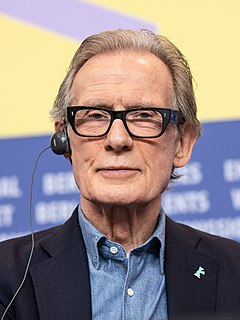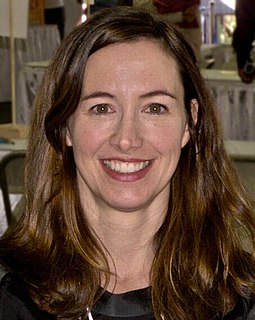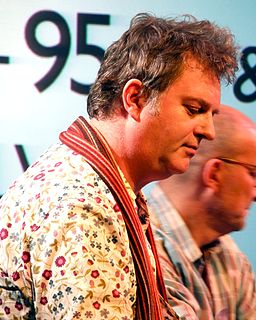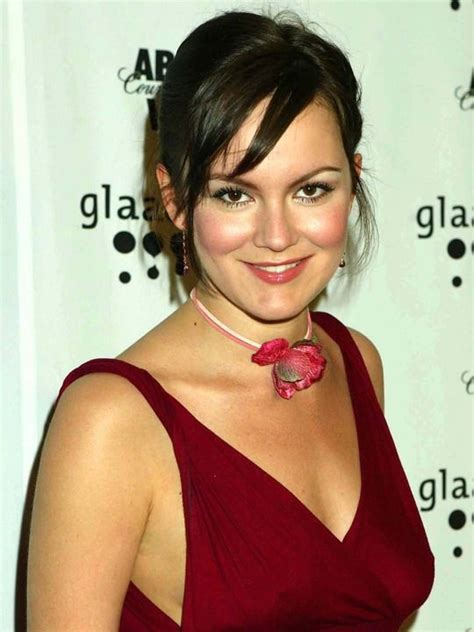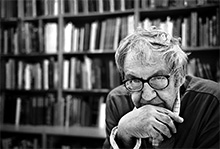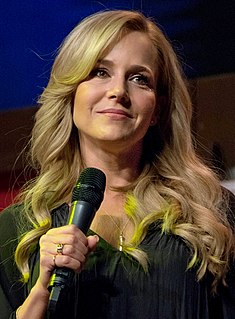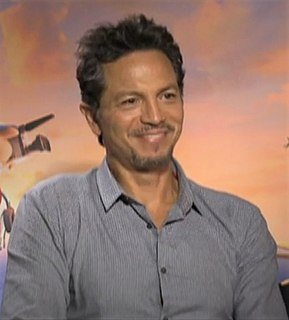A Quote by Bill Nighy
When people warned me there would be long periods out of work if I became an actor, I couldn't keep a straight face because that was exactly what I had in mind.
Related Quotes
Also because few people were watching - aside from a healthy amount of incarcerated people, because M2 was offered in a lot of prisons - I was able to ask really long, kind of muso questions, that they loved. We could really geek out and talk about music for long periods of time, and that tape would just keep rolling and rolling.
I had very little fear about it, but basically, my straight friends talked me out of it. I think they thought as I was bisexual, there was no need to. But it's amazing how much more complicated it became because I didn't come out in the early days. I often wonder if my career would have taken a different path if I had.
Acting became important. It became an art that belonged to the actor, not to the director or producer, or the man whose money had bought the studio. It was an art that transformed you into somebody else, that increased your life and mind. I had always loved acting and tried hard to learn it. But with Michael Chekhov, acting became more than a profession to me. It became a sort of religion.
I started out as a fashion photographer. One cannot say that I was successful but there was enough work to keep me busy. I collaborated with Harper's Bazaar and other magazines. I was constantly aware that those who hired me would have preferred to work with a star such as Avedon. But it didn't matter. I had work and I made a living. At the same time, I took my own photographs. Strangely enough, I knew exactly what I wanted and what I liked.
As an actor, it made me realize a really important lesson. I didn't have to put any spin on the ball as Rita [in Dexter]. All I had to do was speak. And there was such simplicity in that as an actor. With Debra, I was trying to put a square peg into a round hole, and it just didn't work, but in my mind, because I had to work so hard on it, I was, like, "Oh, this is acting!" But that's not acting.
My TV show had been cancelled; nothing else had gone anywhere; some alliances I had made petered out and nothing came of them and I was looking at a long, long year ahead of me in which there was no work on the horizon, the phone wasn't ringing. I had two kids, one of them a brand-new baby, and I didn't know if I would be able to keep my house.
I've made a career over the last seventeen years of mostly playing men in uniform, especially cops. The one thing for an actor that is completely death is if you're bored, because that boredom will show in your work. So there was an inherent challenge in trying to keep it fresh, because it's something that I'm familiar with, but the real draw for me was at long last to work with Halle. She and I had come close to working on two other films together prior to this one that unfortunately had fallen apart for various reasons.
